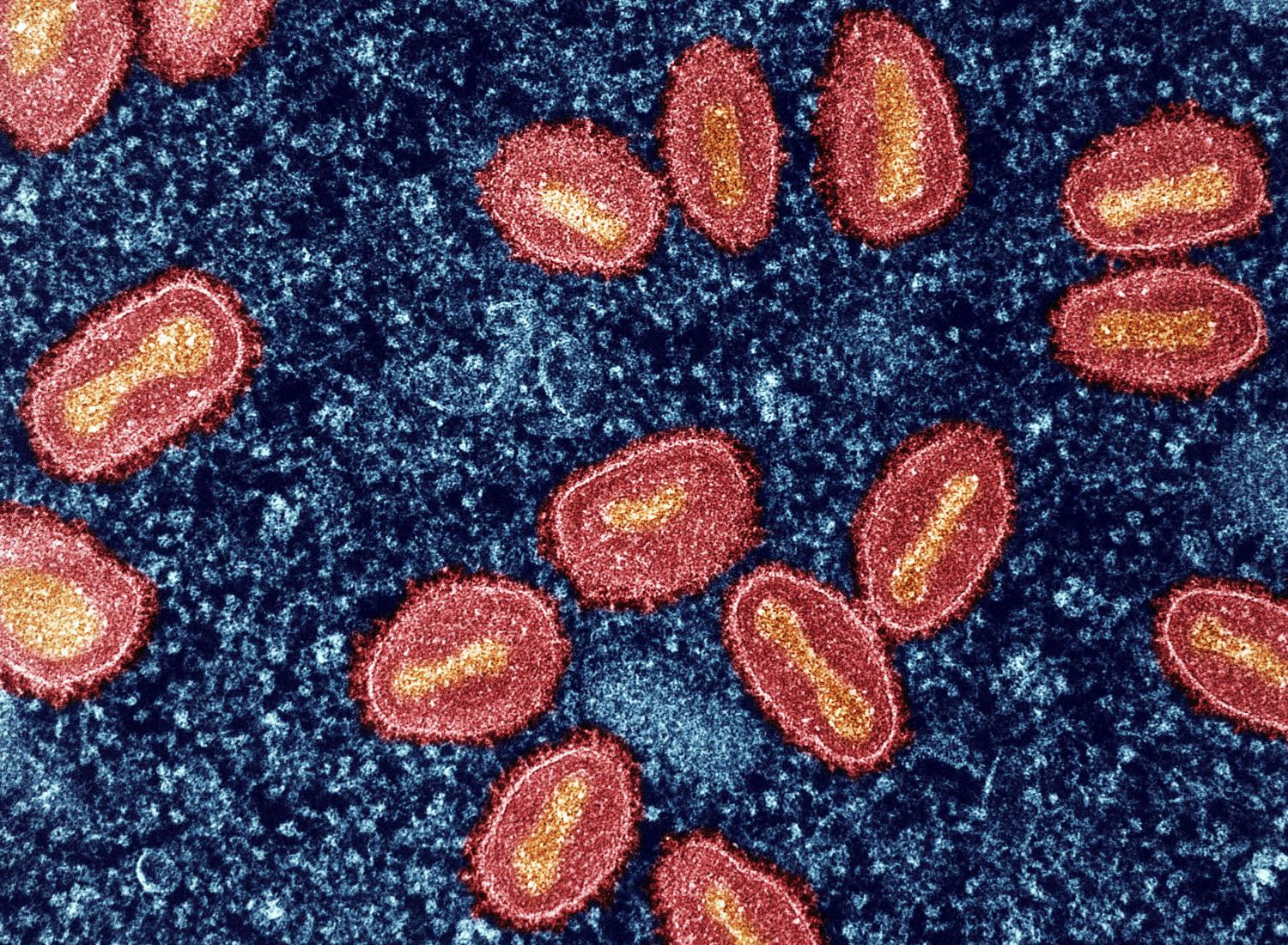
A review and meta-analysis found that neonatal antimicrobial stewardship programs (ASPs) are associated with reduced initiation and duration of antibiotics use in newborns, with no increase in adverse events, researchers reported today in Pediatrics.
The review, conducted by researchers with the University of Toronto and the University of Alberta, analyzed data from 70 studies (44 cohort and 26 observational studies) involving 350,000 newborns that evaluated ASP impacts in neonatal intensive care units (NICUs) and postnatal ward settings. Antibiotics are the most frequently administered drugs in NICUs, and empiric use of broad-spectrum antibiotics in NICUs is a common practice to prevent infection or halt the progression of sepsis. But overuse of antibiotics in newborns has been associated with increased neonatal mortality and other adverse effects, as well as an increase in drug-resistant organisms.
Overall positive impact
Most studies included in the meta-analysis evaluated interventions aimed at reducing antimicrobial initiation and duration, and had significant heterogeneity in terms of ASP interventions, population settings, and outcome definitions.
Moderate-certainty evidence revealed a significant reduction in antimicrobial initiation in NICU (pooled risk difference [RD], 19%; 95% confidence interval [CI], 14% to 24%) and combined NICU and postnatal ward settings (pooled RD, 8%; 95% CI, 6% to 10%), days of therapy (pooled RD, 20%; 95% CI, 10% to 30%), length of therapy (pooled RD, 1.82 days; 95% CI, 1.09 to 2.56 days), and use of antimicrobial agents for more than 5 days (pooled RD, 9%; 95% CI, 3% to 15%).
Low-certainty evidence revealed a reduction in drug resistance prevalence, costs, and favorable sustainability metrices, without an increase in sepsis-related mortality or the re-initiation of antimicrobial agents.
"Our review highlights the overall positive impact of ASP interventions in restricting the initiation and duration of antimicrobial use in neonates, with quantifiable measures," the study authors wrote. "Future prospective studies are warranted to evaluate drug resistance and economic burden."
















